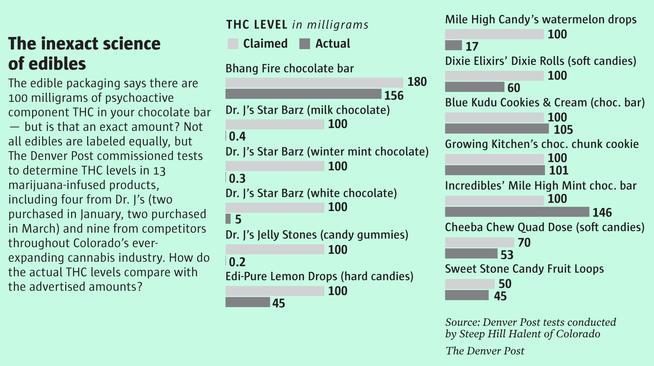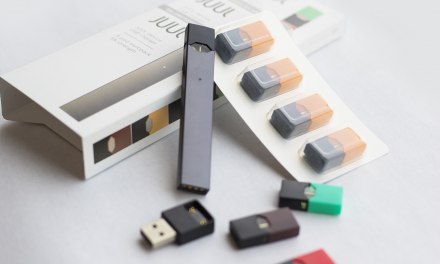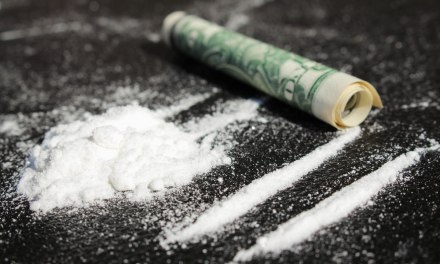It seems the potency of today’s cannabis products is still at issue. Example: this opinion piece that appeared in The Wall Street Journal:
This Isn’t Your Parents’ ‘Woodstock Weed’
Florida’s Amendment 3 would legalize pot with dangerously high levels of THC.
My first thought was, “well, duh.” Doesn’t everyone know that today’s wacky weed is waaayyy wackier than it once was? And seems to grow stronger by the year?
WSJ is not known for its hipster readership, so I thought it would be fun to check out the comments from readers, many of whom appear to be cannabis users.
Excerpt from one: “His point about potency is ridiculous. What the legal market has brought to us is edibles with a measured dose of TCH (sic) in them that you can read right on the label. For those smoking it, you can just smoke less.”
Hmm… reading the label is probably the least reliable way to determine THC content of dispensary pot. In one study, only 32 of 107 samples tested were within even 20% of the labeled THC content.
With that level of inaccuracy, why even bother with a label?
Besides, any drug seller knows that the stronger the product, the more likely it is to attract the heavy users who account for a disproportionate percent of sales revenue. Their elevated tolerance for cannabis renders lower doses ineffective. Result: They’re always looking to trade up for a stronger product.
Now, a different comment, this time from a 66 year-old man:
“The kind of THC I use,” he claims, “comes from Colorado and it’s 83.3% THC according to the label. It’s tested according to the rules in CO.”
Is he really using cannabis at that strength? Hard to imagine. A more likely explanation: he’s either grossly misread the label, or the label itself is wildly inaccurate– possibly intended to deceive the customer.
Of course, if he’s buying his drugs off the Internet, they could conceivably contain just about any level of THC. How do we know the maker even checked the THC level? Or cared, for that matter?
I do find it hard to believe that the authorities in Colorado would pass on a commercial product with 83.3% THC content. That’s a hallucinogen.
If you’ve worked in addictions treatment, you may have noticed how misinformed some of your patients are when it comes to the safety and quality of the stuff they put into their bodies. If they only knew… They might even seek alternative forms of entertainment.
Well, I suppose it’s our job to educate them.













